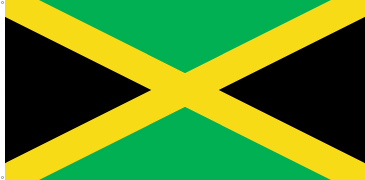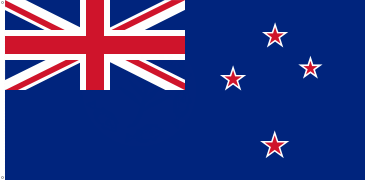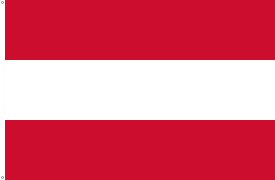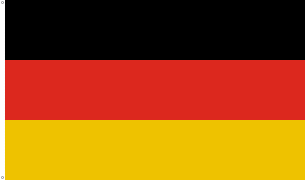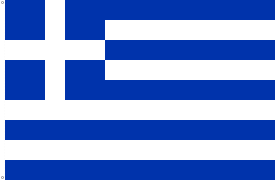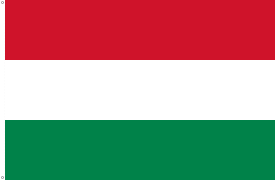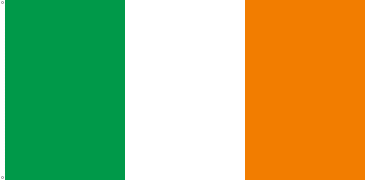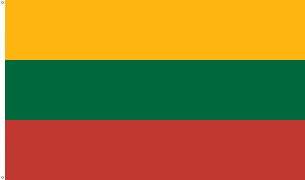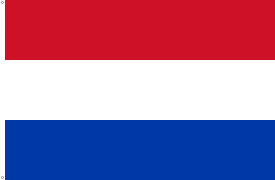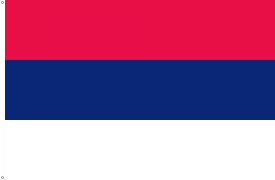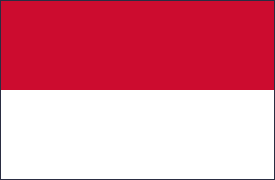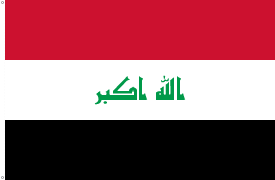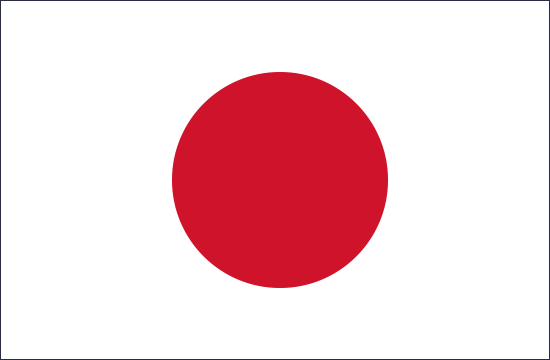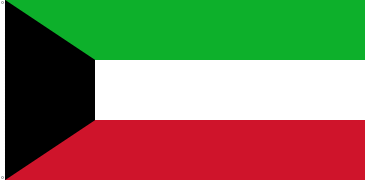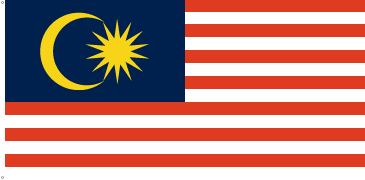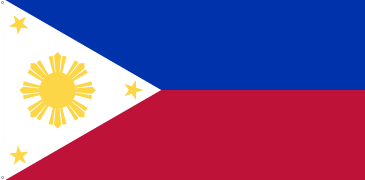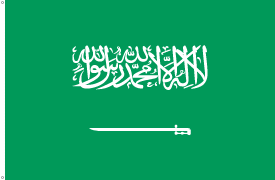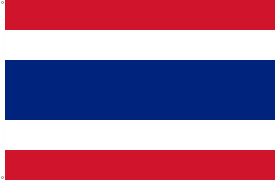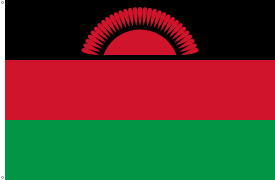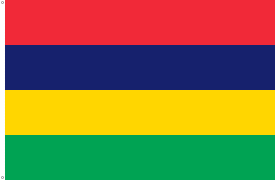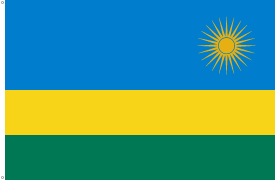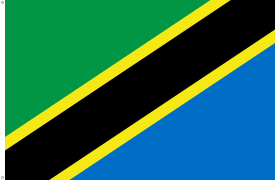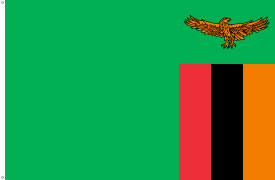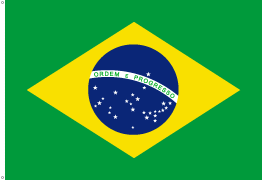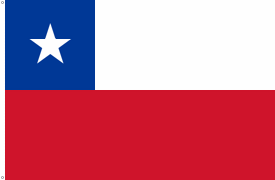What is Shariah Screening?
Shariah equity screening is a dynamic process to determine if investment in the equity of a listed company is permissible from a Shariah perspective.
Shariah Equity screening is guided by a Shariah Equity Screening Criteria.

What is a Shariah-compliant Equity investment?
Investments made in equity stocks, screened in accordance with Shariah principles under the guidelines of Shariah supervisory board are called Shariah - compliant equity investments.
Such Shariah equity screening is used by Islamic investors to identify a list of Shariah permissible stocks to invest in, while managing their Shariah compliant portfolio of stocks.
A Shariah-compliant stock needs to pass sector based and accounting ratio screens.
Some of the Sector based Shariah exclusions are:
Revenues from sales of Alcohol, Pork, Tobacco, Gambling, Pornography, Conventional Financial Services, Conventional Insurance, trading of Gold & Silver on deferred cash basis.
Our Uniqueness
We follow established Shariah screening criteria set up by our well known Shariah Advisory Board.
Our Shariah Equity Screening platform enables Islamic investors an access to a pre-screened real time universe of stocks which are Shariah compliant.
We update the screening on a daily basis to reflect the most recent market cap information as well as the latest available financial numbers.
We are the only firm which has a team of dedicated researchers to manually review the business sectors of each company and carefully identify the non permissible revenues so as to assign the most accurate Shariah compliance status to each stock.
Remember the magic in Shariah equity screening lies in accurately understanding the business and revenue models of stock and assign compliance under the guidance of Shariah scholars. This process have been developed by Islamicly over its 20+ years of experience in this industry and conclusively sets us apart from the rest.
Shariah Screening Criteria For Equities
Islamicly with its in-house Shariah Advisory Board has developed the Shariah screening criteria which is accepted by the majority of Shariah Scholars and Islamic index providers. It is in convergence with AAOIFI rules and further expands on the guidance given.
Screening criteria are of three levels:

Screening

Screening

Purification

Business Sector Screening
The business of a company will be conducted in accordance with Shariah principles as interpreted by the Shariah Advisor.
Companies that are involved in the below activities are screened out:

Alcohol

Financial
Services

Gambling

Pork Related
Activities

Pornography

Tobacco

Advertising

Media &
Entertainment

Trading of Gold &
Silver as cash on
the deffered basis
Companies which derive revenue of less than 5% from the above non permissible activities (including all types of interest income) are still considered to have passed the Business Sector screening criteria.

Financial Ratio Screening
After removing companies with non-compliant business activities, the resultant companies are further examined for compliance with accounting ratios, as certain ratios may violate the compliance measurements.
Areas of focus are leverage and the share of revenues derived from non-compliant activities. All of these are subject to evaluation on an ongoing basis.
Cash Compliance
There are compliances with reference to cash holdings. These are:
Accounts Receivables / Market value of Equity (36 month average) < 49 %;
Accounts receivable is measured as a sum of:
Total accounts receivables
Other non-business/non-trade related receivables
Other debit balances
Murabaha receivables
(Cash + Interest Bearing Securities) / Market value of Equity (36 month average) 33%
Cash + Interest-bearing securities are measured as a sum of:
Cash in hand
Cash in current accounts
Cash deposits
Term deposits
Short-term interest based securities
Marketable securities
Short-term investments held for sale/trading
Government bonds (if classified as short-term investments)
Investments in mutual funds, other equity funds held for sale/trading
We exclude:
Islamic investments
Leverage Compliance
This compliance is measured as:
Debt / Market Value of Equity (36month average) < 33 %
Debt is measured as:
Long-term interest-bearing debt as disclosed by the company’s management
Short-term interest-bearing debt as disclosed by the company’s management
Current portion of long-term interest-bearing debt as disclosed by the management
Interest-bearing short-term liabilities such as overdrafts, bridge loans, etc.
We exclude:
Short-term non-interest-bearing operational payables/liabilities such as gratuity payable, creditors for goods and services, provisions, etc.
Long-/short-term Islamic debt
Long-/short-term non-interest-bearing debt
Loans from sovereign bodies which are non-interest based (as given by SIDF)
Average market capitalization of stocks
The average market capitalization of X over n months is calculated by multiplying the moving average daily closing price of X over n months (must be adjusted for corporate actions) (Pavg) with the total number of shares outstanding for X.
For stocks that have multiple share classes, this is estimated as Pavg/Plast * M, where M is the current market capitalization and Plast is the last closing price of X (for Pavg and Plast, the figures for the main share class are used).
For companies that do not have a sufficiently long price history (e.g., recent IPOs), the figure Pavg is calculated as the moving average daily closing price of X over n days where n is the number of days X has been trading or the number of days that a daily closing price for X has been available.

Dividend & Purification Ratio
Companies having less than 5% of their revenues coming from the prohibited business activities are said to have passed the Sector-based Screens. But the proportion of dividends attributed to revenue generated from such non-permissible business activities and interest income will have to be purified.
Dividend / prohibited income purification is the process of purging the income received from activities/ sources that are non-compliant as per Shariah principles from the total income.
When Shariah compliant securities receive dividend or any other prohibited income as per Shariah principle as part of a company’s normal business operation, a purification process takes place.
Any proportion of income received from activities that are non-compliant as per Shariah principles may be paid to Charity and thereby ‘purified’.
How is dividend purification ratio calculated? What goes into the component of dividends to be purified?
The dividend purification ratio is calculated as:
DP ratio = Non-Permissible Revenue including interest income /Total Revenue
While calculating the DP Ratio, the below items are taken into account:
- 1. Interest income received from deposit of cash with banks
- 2. Interest income received from term deposits
- 3. Interest income received from bonds and debentures
- 4. Interest Income received from Money Market
- 5. Any other Interest income received
- 6. Non-permissible income from Investments (Equity, derivatives, mutual funds, etc.)
- 7. Income coming from Sales of Alcohol, if any
- 8. Income coming from Financial Services, if any
- 9. Income coming from sales of Insurance, if any
- 10. Income coming from Financial Lease, if any
- 11. Non-Permissible Income coming from Sales of Pork, if any
- 12. Non-Permissible Income coming from Gambling, if any
- 13. Non-Permissible Income coming from Pornography, if any
- 14. Non-Permissible Income coming from Sales of Tobacco, if any
- 15. Non-Permissible Income coming from trading of Gold & Silver on Deferred Cash basis, if any
- 16. Any other Non-Permissible Income Identified, if any
The sum of the above items is divided by the total revenue
Non-permissible revenue, in this context, includes all forms of revenue or income that is considered non-permissible from a Shariah perspective (e.g. alcohol sales, gambling revenues, etc.…) and includes any income generated from interest and investments.
This ratio (i.e. DP_ratio) determines how much of the dividends received need to be purified or cleansed (i.e. given to charity). As an example, a DP_ratio of 0.10 (i.e. 10%) implies that 10% of the dividends need to be given to charity; while a DP_ratio of 1.0 (i.e. 100%) requires the totality of the dividends received to be purified.
Note:
Numbers for DP Calculations are taken from the latest available Annual Reports. In the absence of Annual Report, detailed quarter reports / prospectus are also considered.
Other Notes
Use of audited results or unaudited results
In determining Shariah compliance for inclusion in the S&P Shariah Indices, we use the latest financial statement regardless of whether the latest statement is a quarterly, semi-annual, or annual statement. Annual statements are typically audited while quarterly and semi-annual statements are often left unaudited.
Interim or quarterly results
We use the latest statement regardless of whether the latest statement is a quarterly, semi-annual, or annual one. If the latest statement is available in all of these three formats, the annual statement will be preferred, since it is more likely to be audited and often more complete.
Companies that are fully Shariah-compliant not subject to accounting-based screens
Companies that are fully Shariah-compliant are not subject to accounting-based screens, subject to Shariah Board approval. Such companies are classified as Shariah-compliant irrespective of their leverage ratios. While the subsequent list is non-exhaustive and companies are reviewed on a case-by-case basis, companies are typically characterized by the following
- Presence of a Shariah Supervisory Board.
- All transactions (business and financial) are in accordance with Shariah principles.
- Incorporated and managed in a fully Shariah-compliant manner.

Stock Screening Process
Islamicly Platform
[ Access through App & Desktop ]
Islamicly Database
Islamicly Shariah Committee
Research Team
Qualitative Analysis
According to ratio screens & movement screens
Fundamental Analysis
Company websites Company accounts Investor relations Company filings Third-party information
Stocks reviewed daily are published to the Islamicly APP & WEB platform
which enables ease of Compliance information retrieval by DIY investors.




